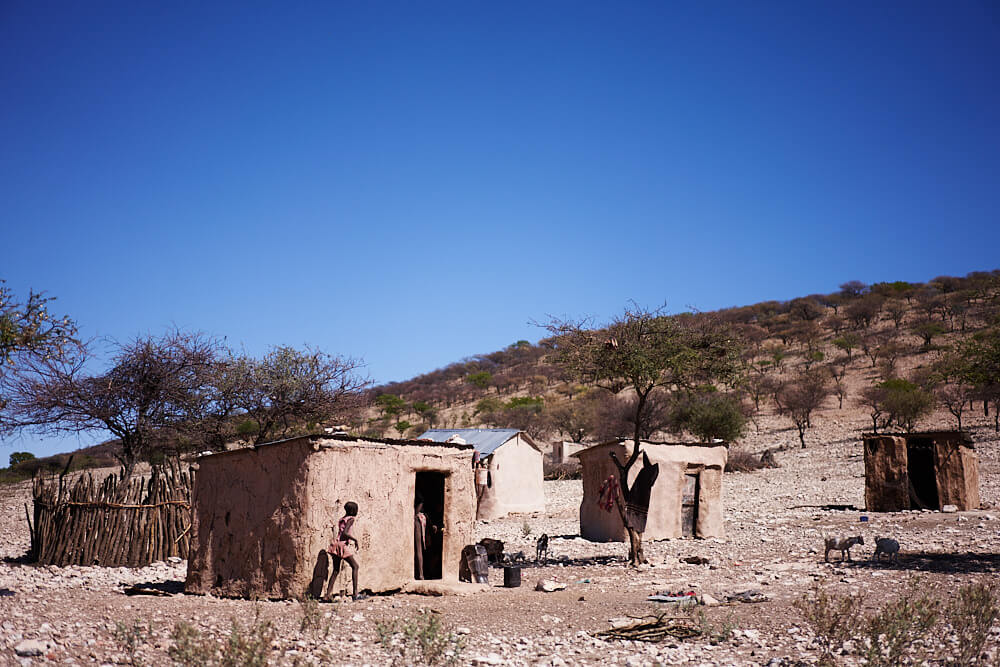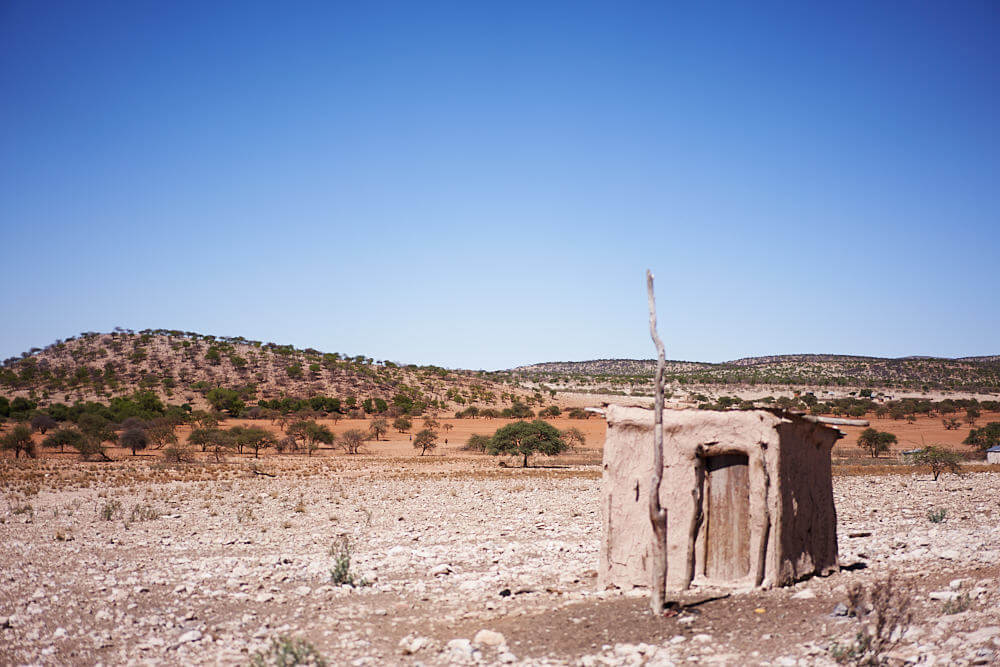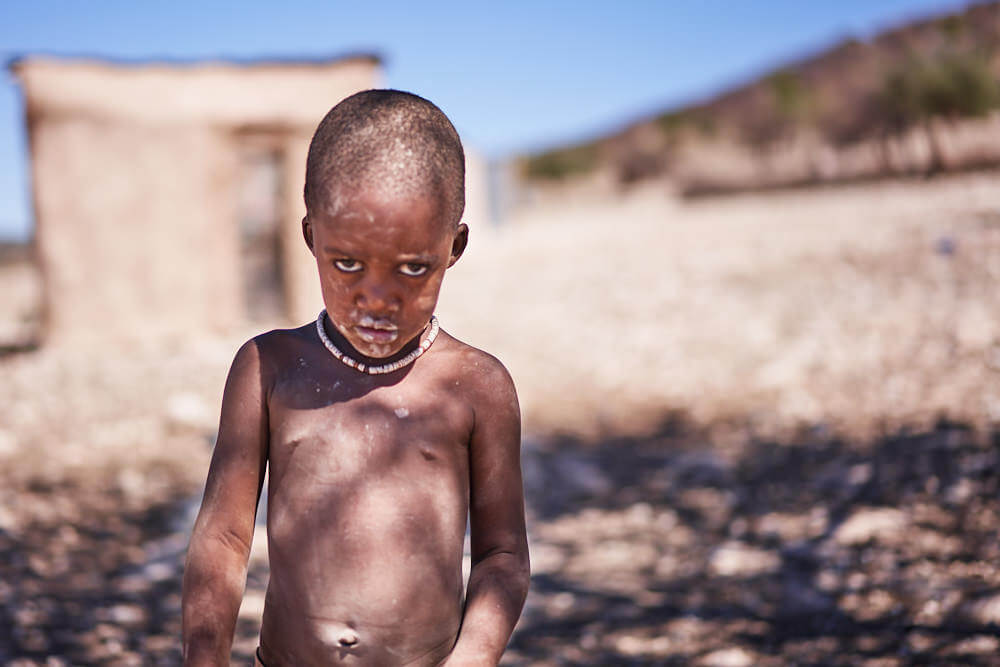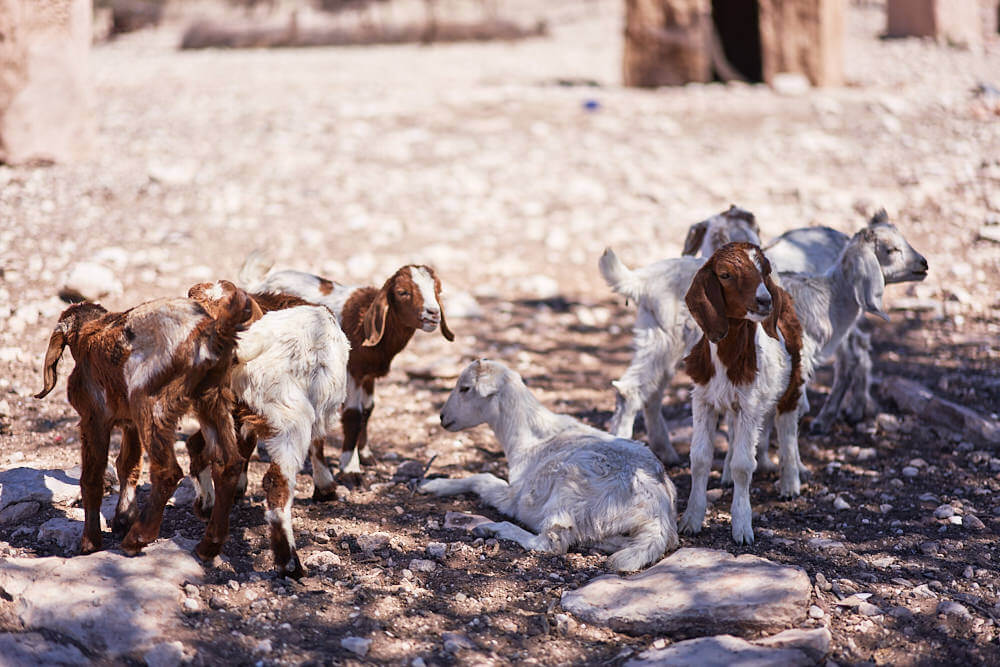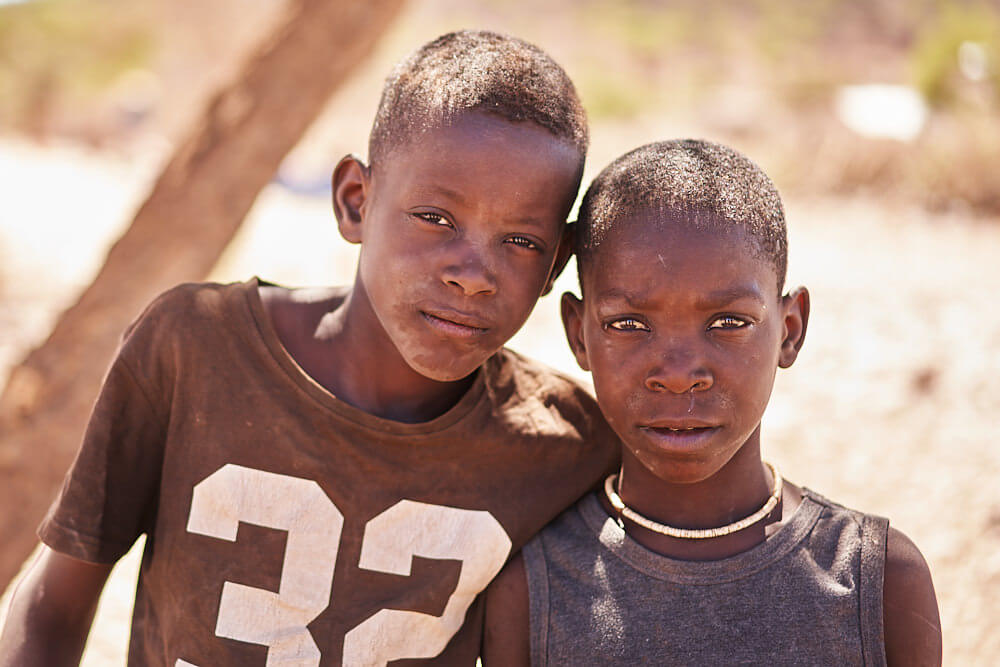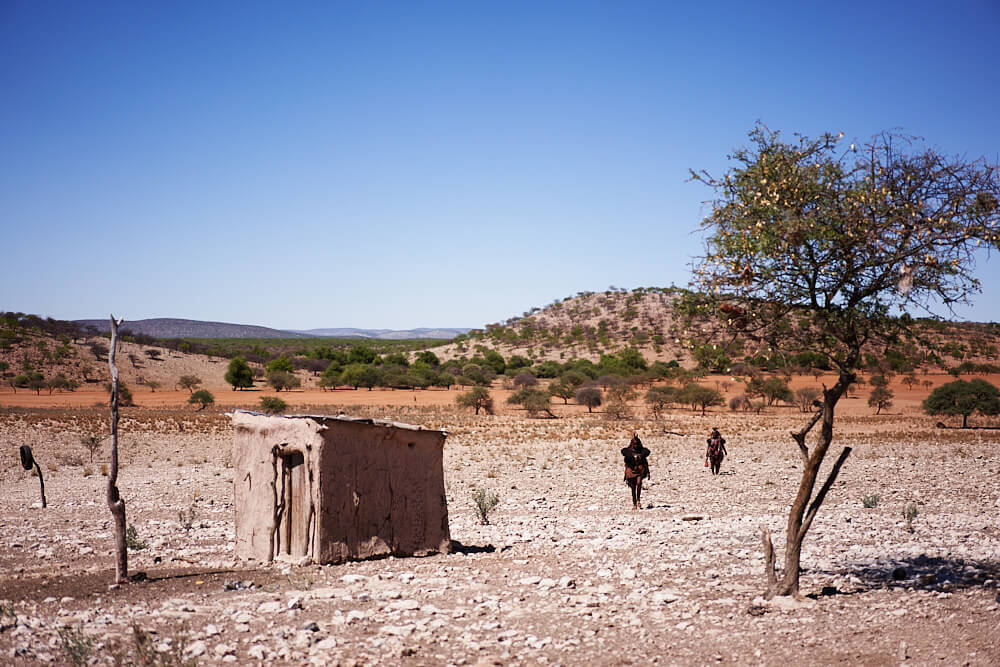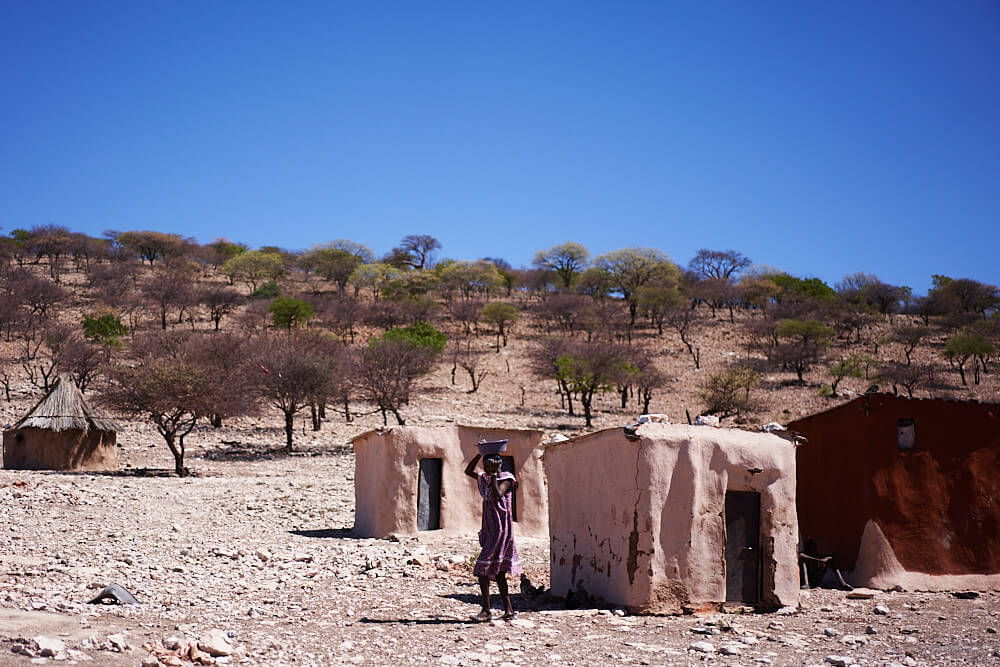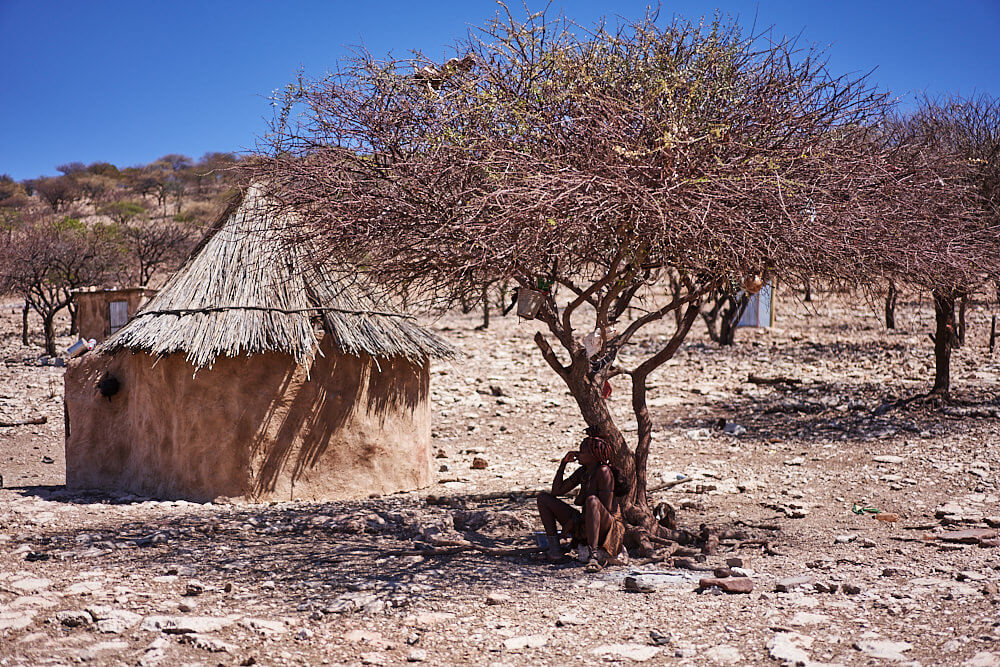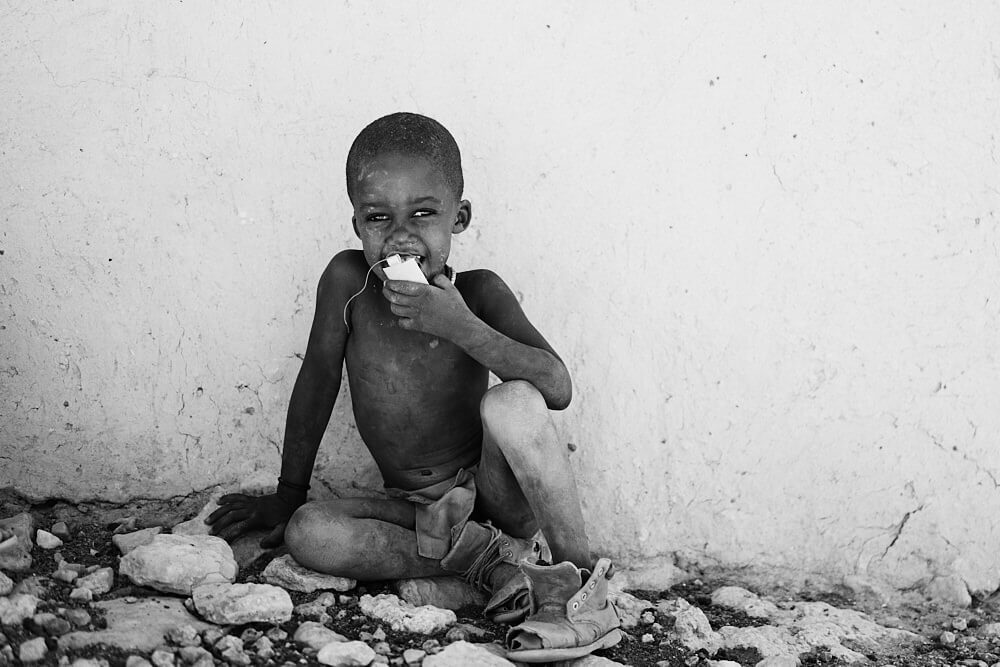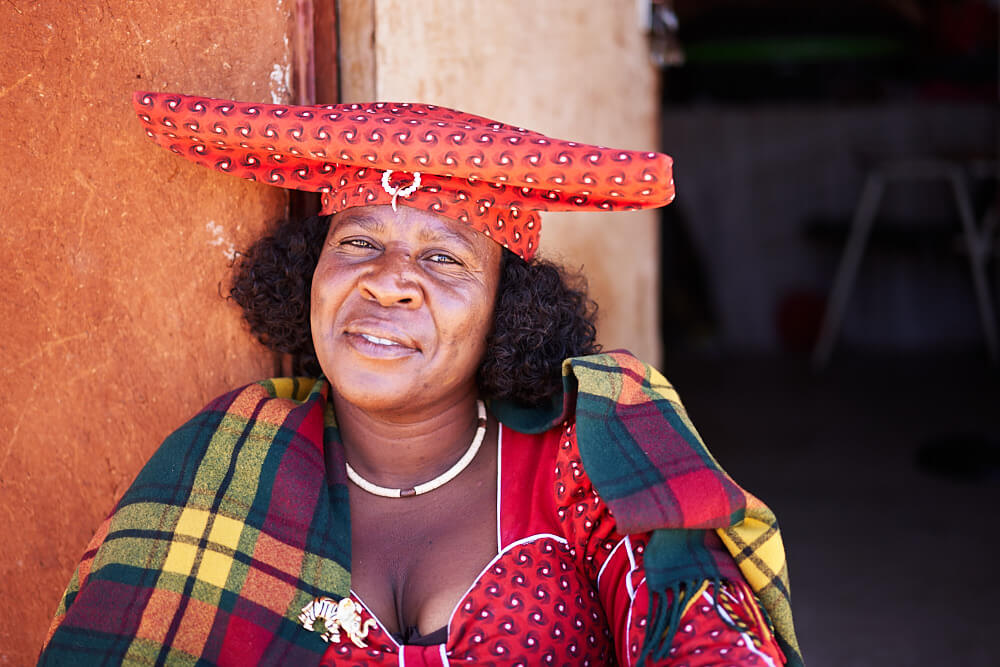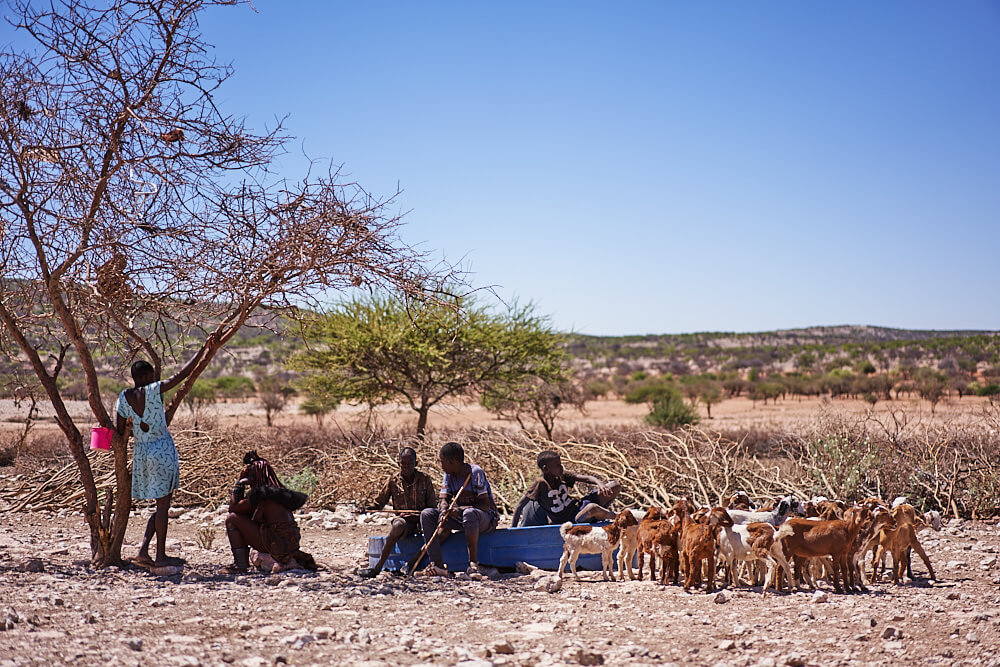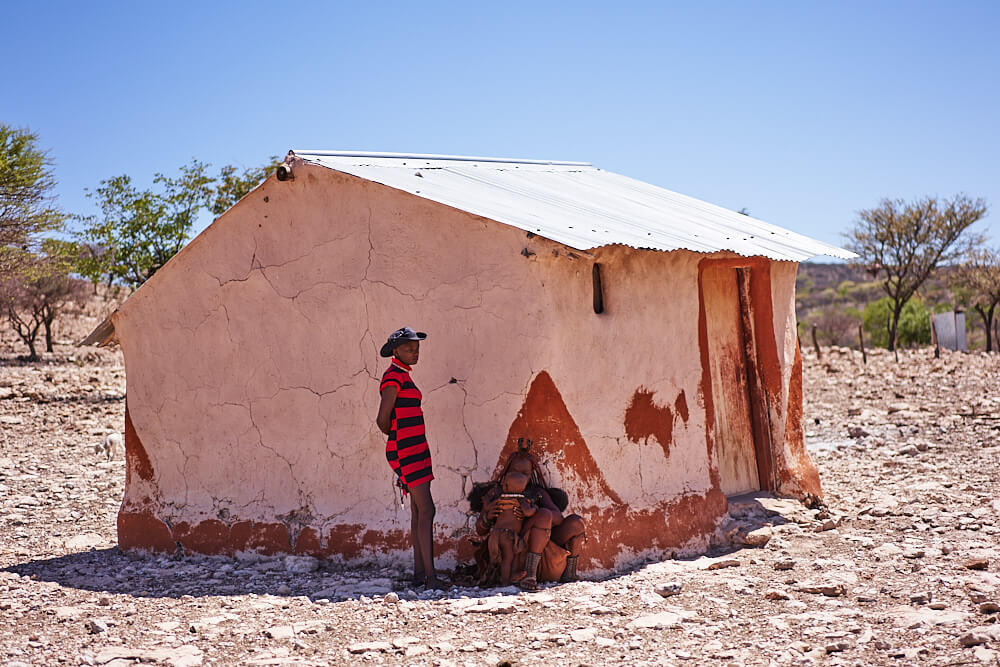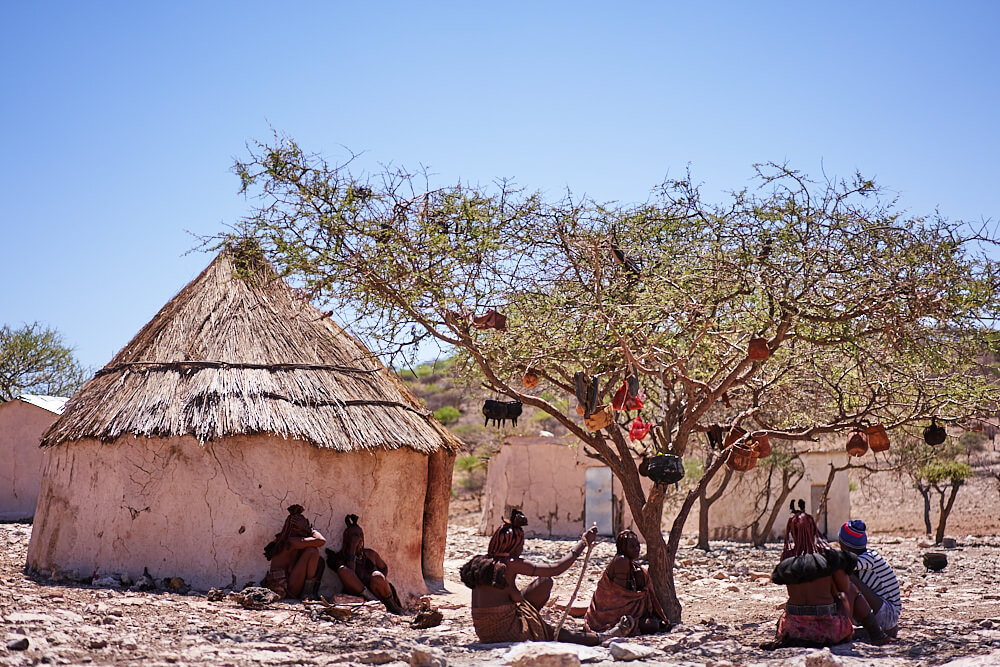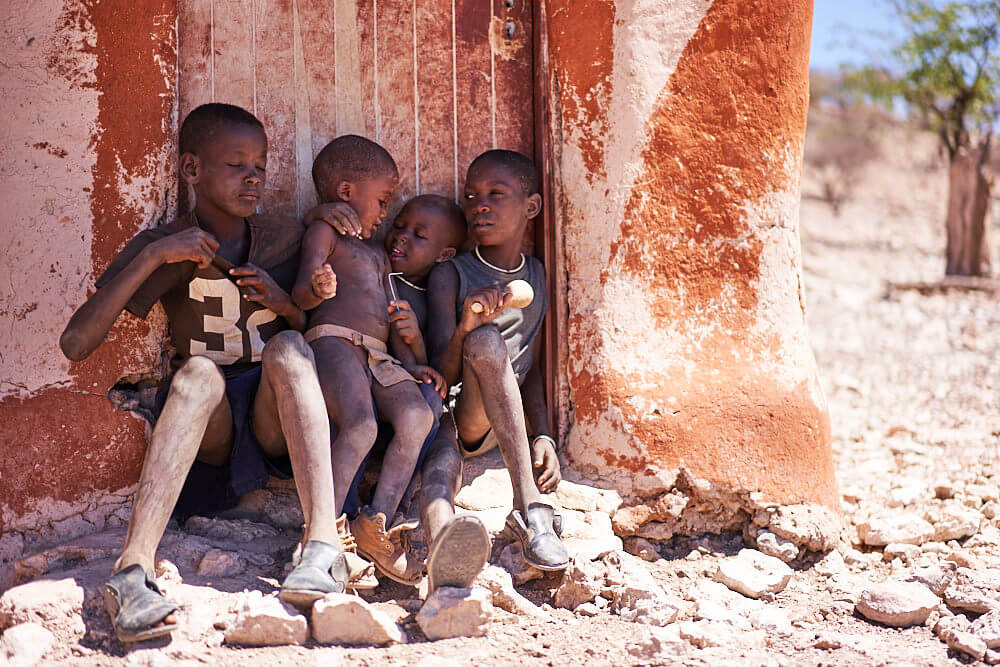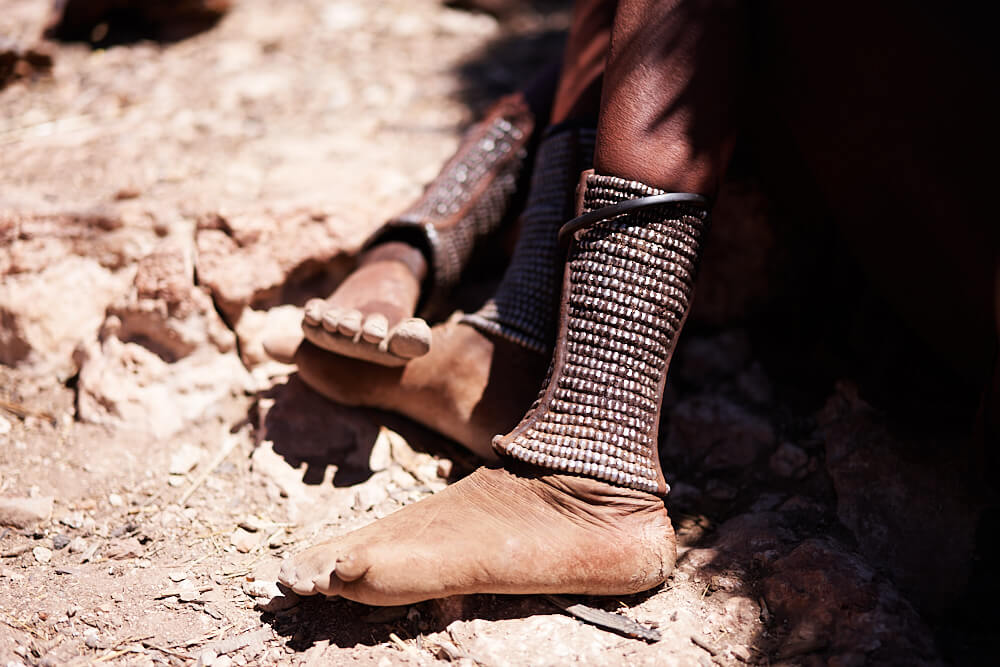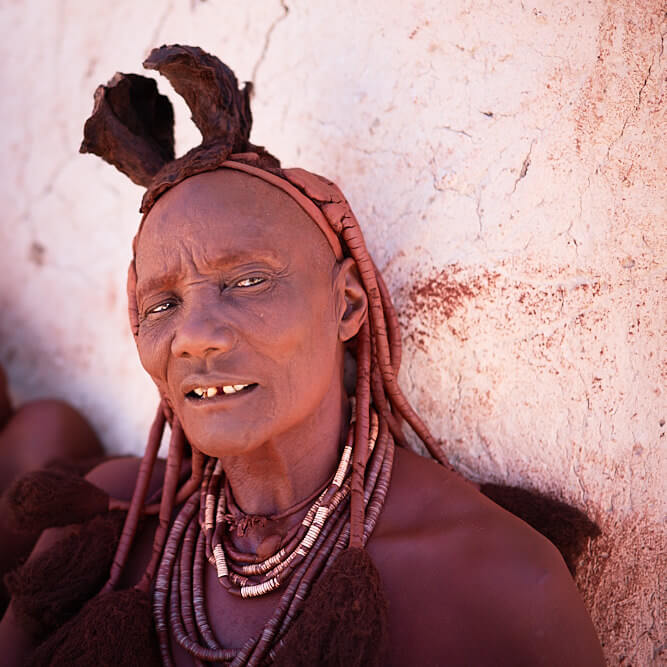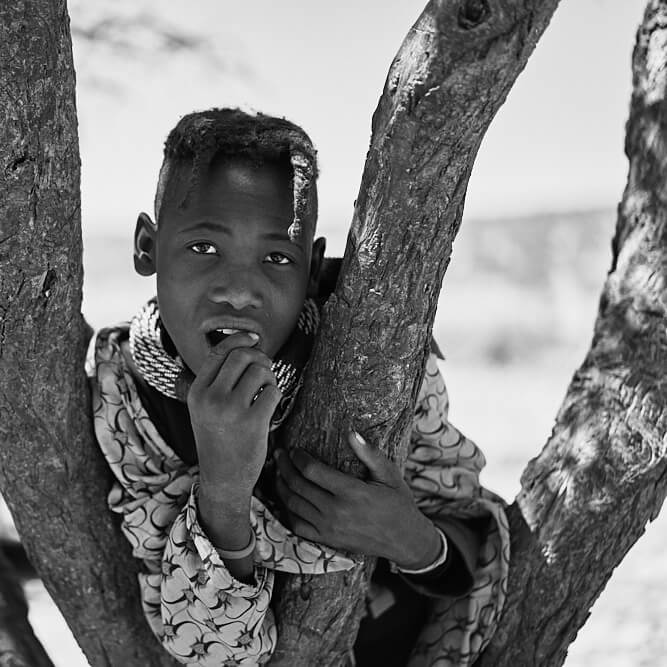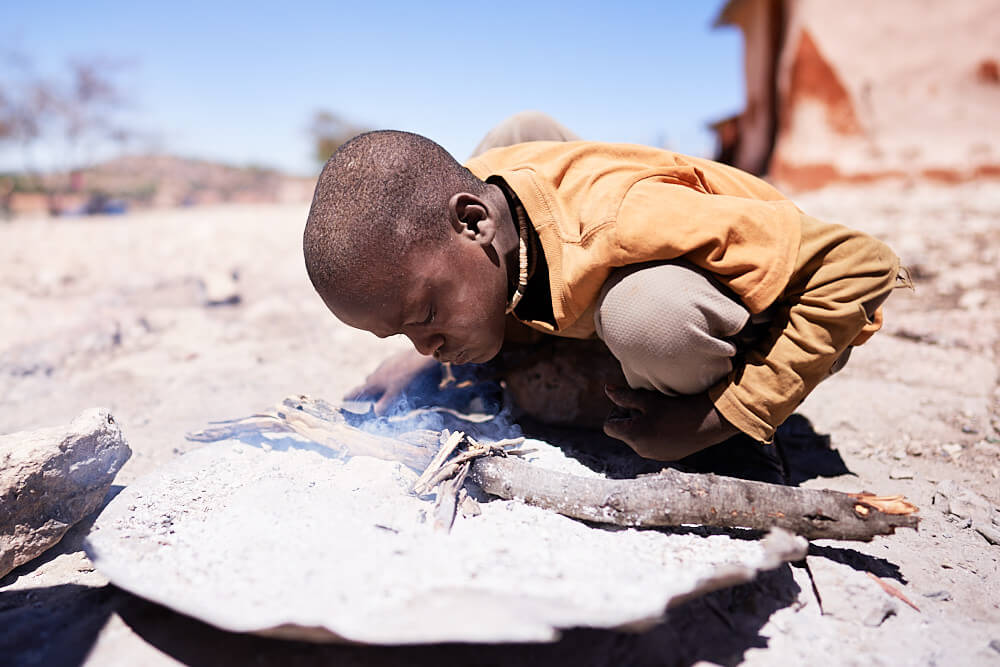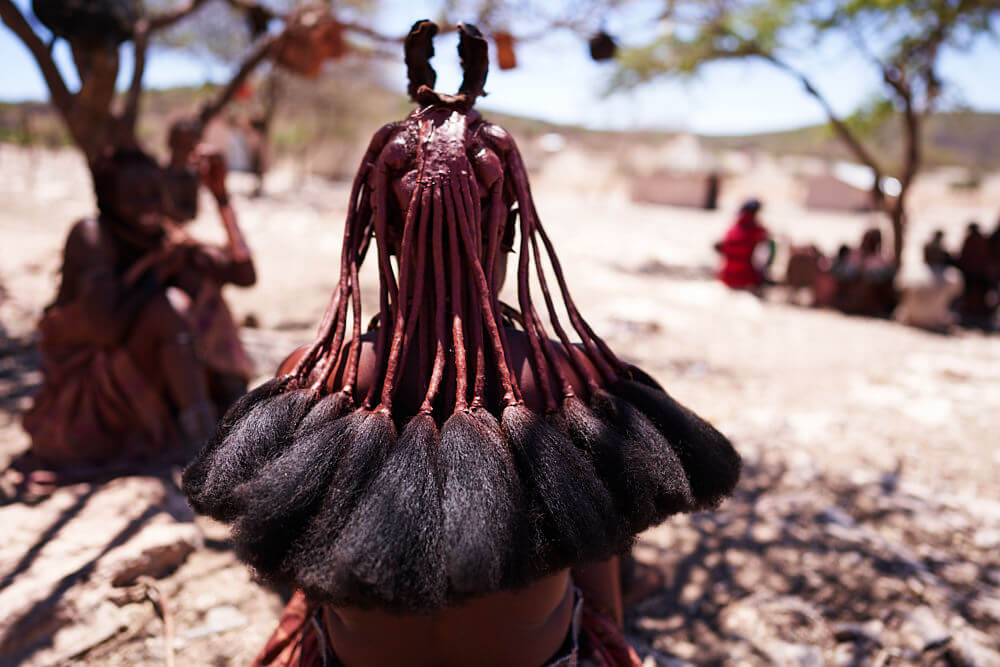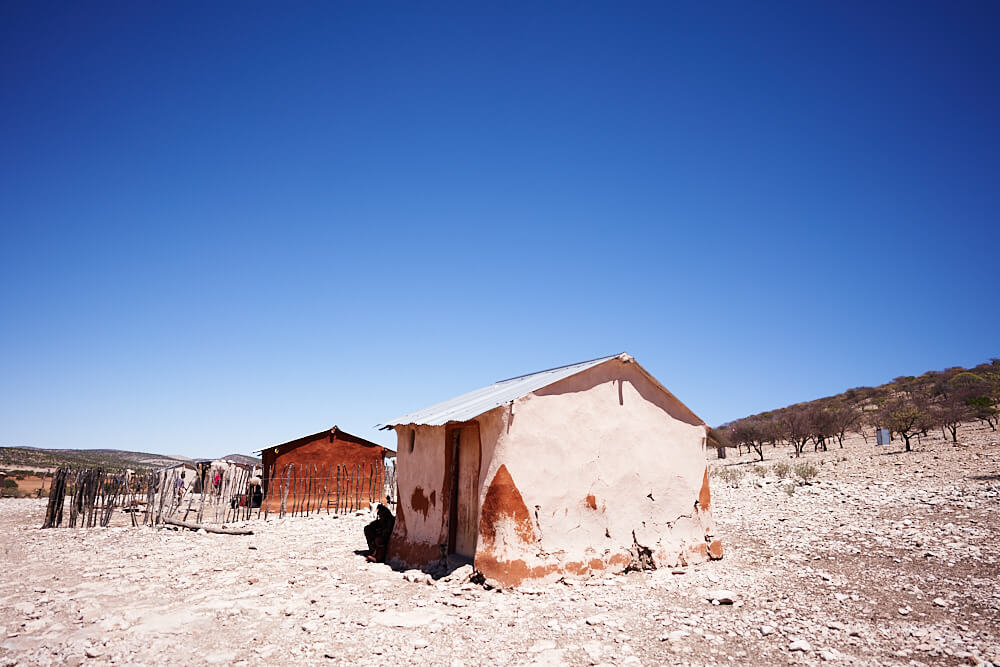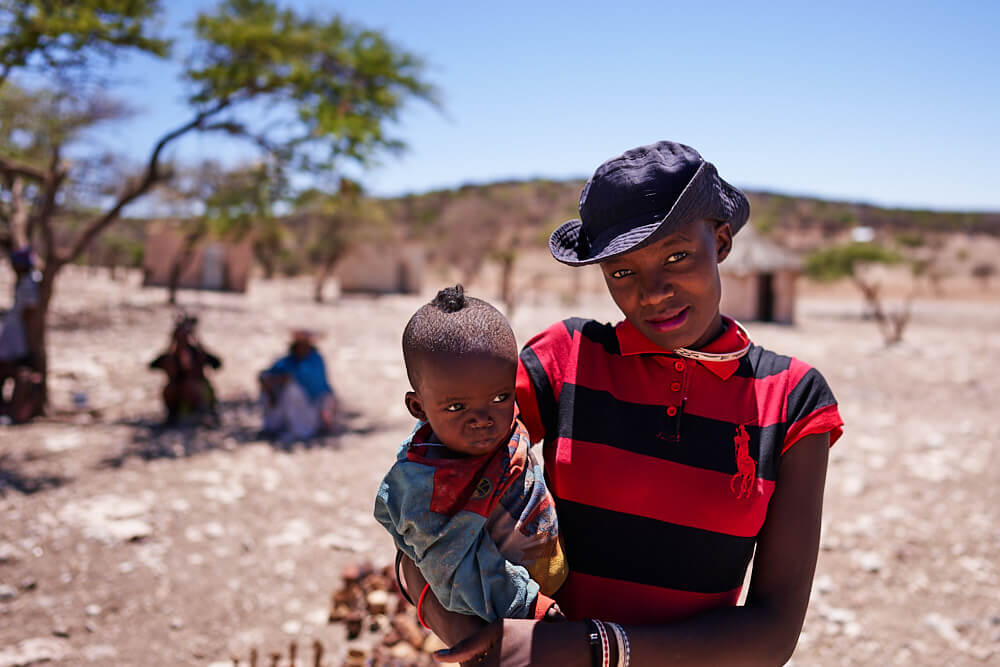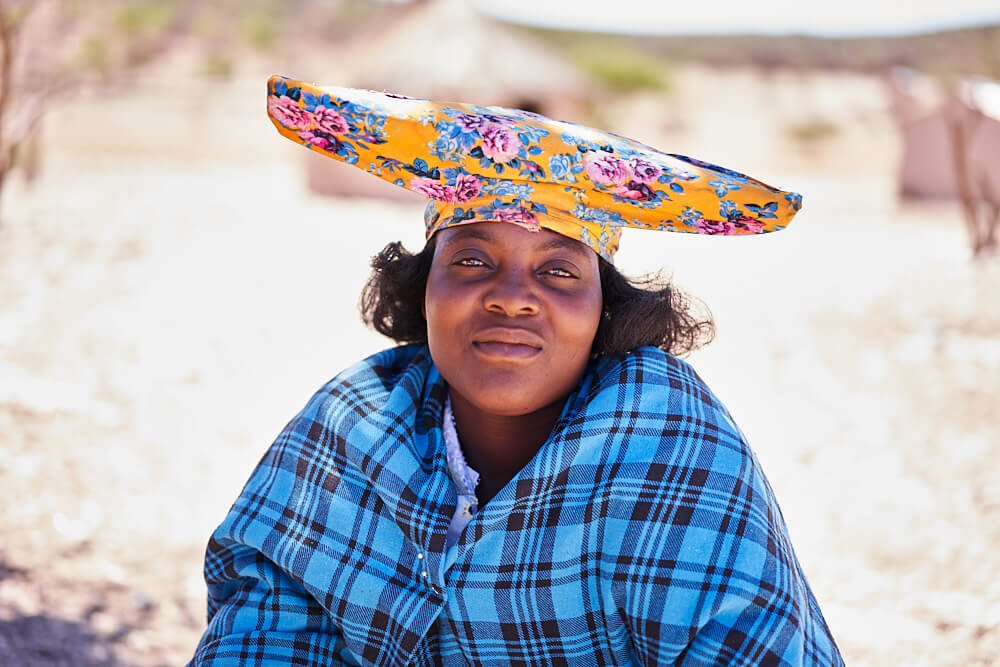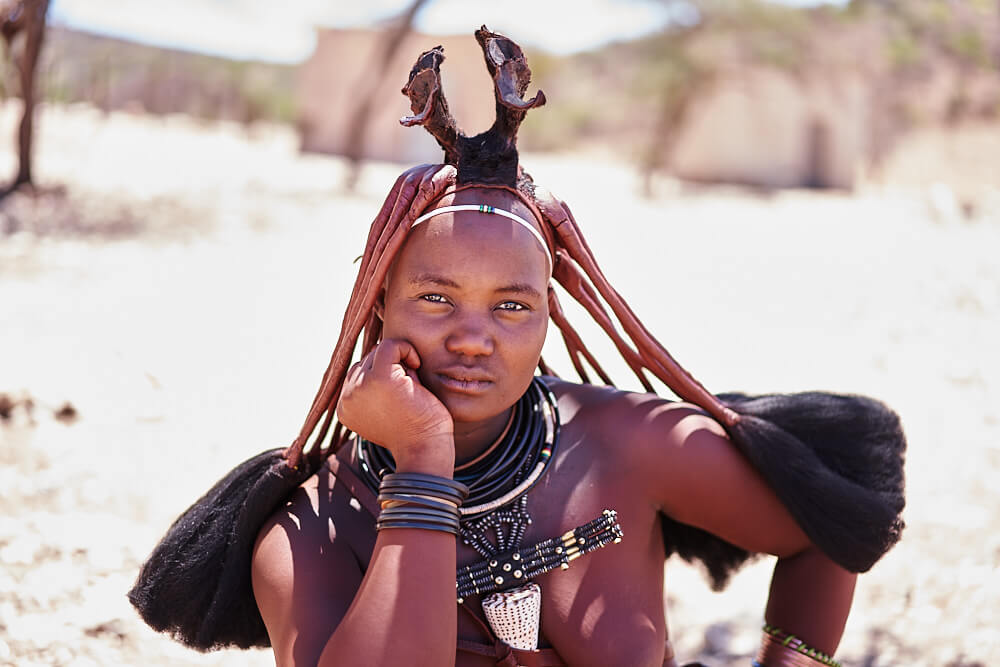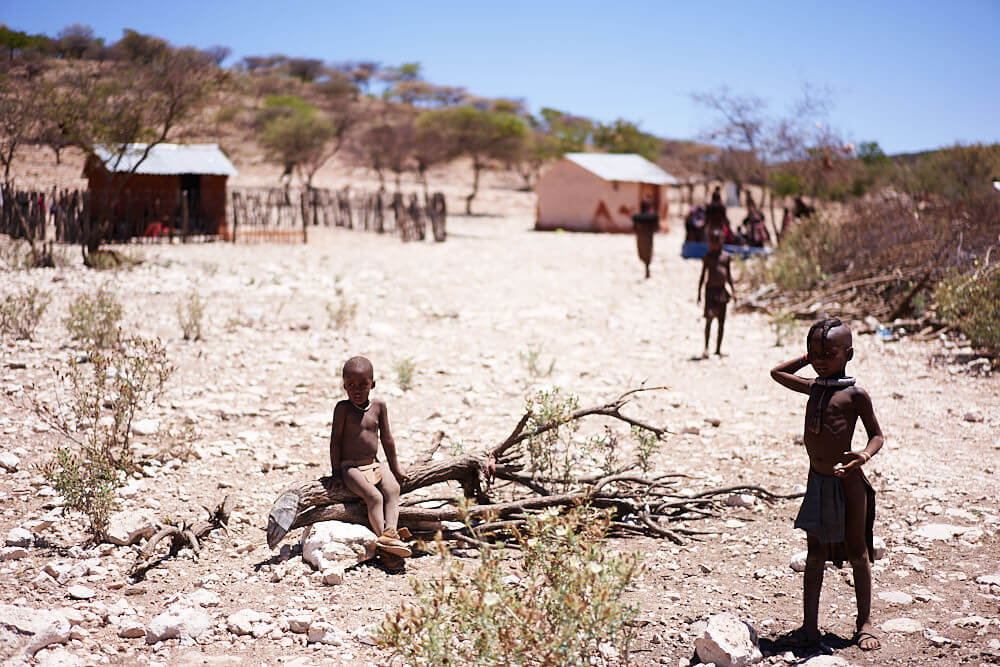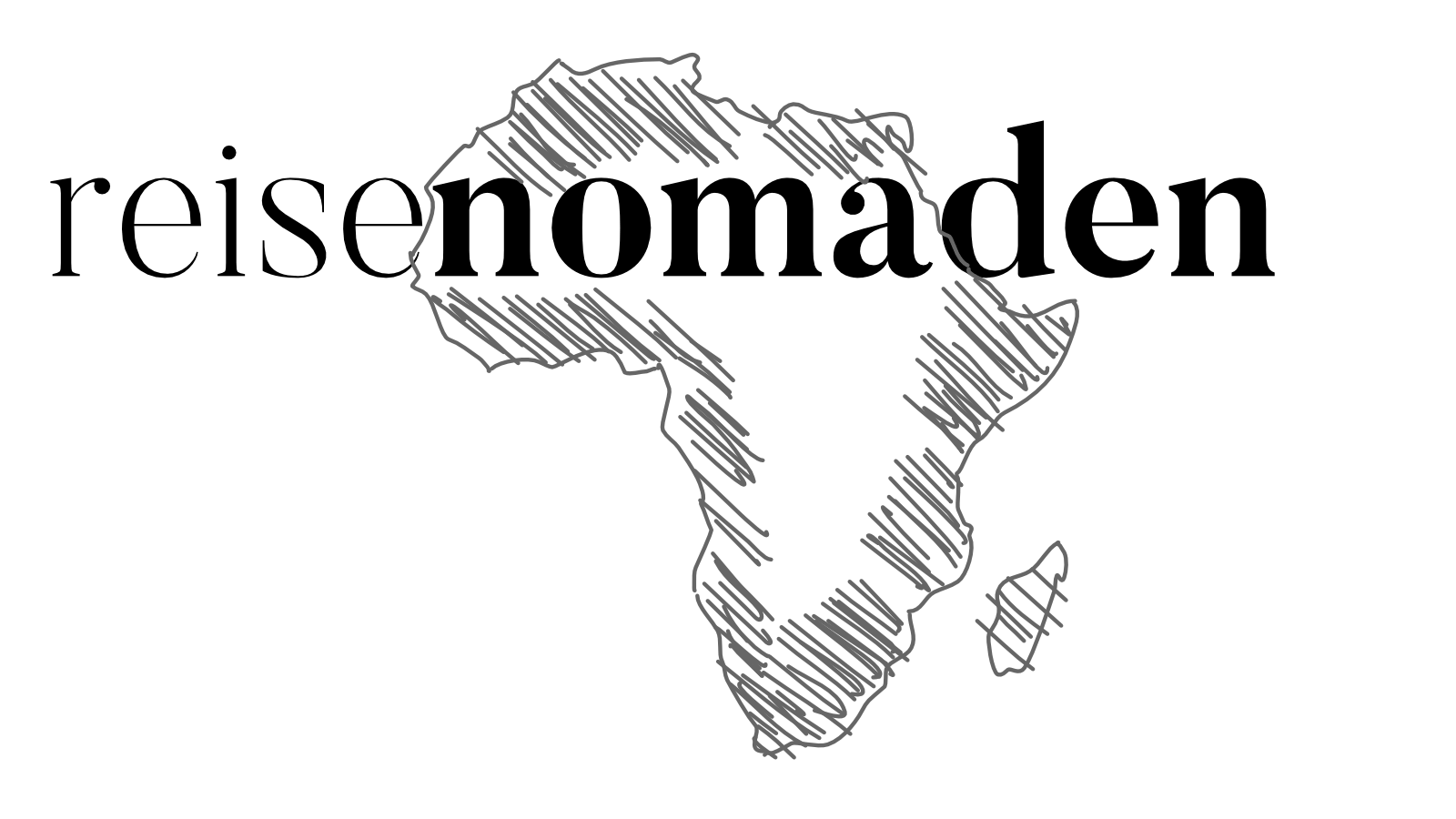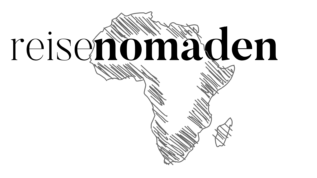Marius Steiner and ‘Camp Aussicht’
Marius Steiner, born in Namibia, came 35 years ago to the place where he runs ‘Camp Aussicht’ today. The trigger was land that he leased to search for dioptase.
He has been running a mine since then and also offers guests the opportunity to enjoy the sensational location, discover a gallery of his mine and/or learn about the Himba culture and his view of things. Marius is a very devout person. We had good time with him, had interesting conversations, and we visited a Himba village and heard his point of view.
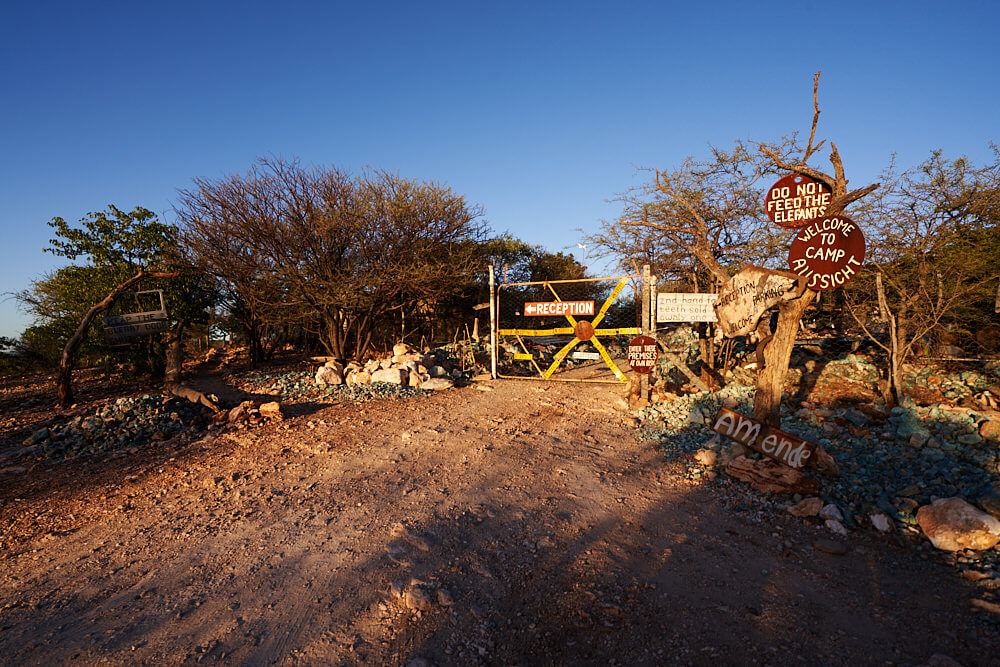
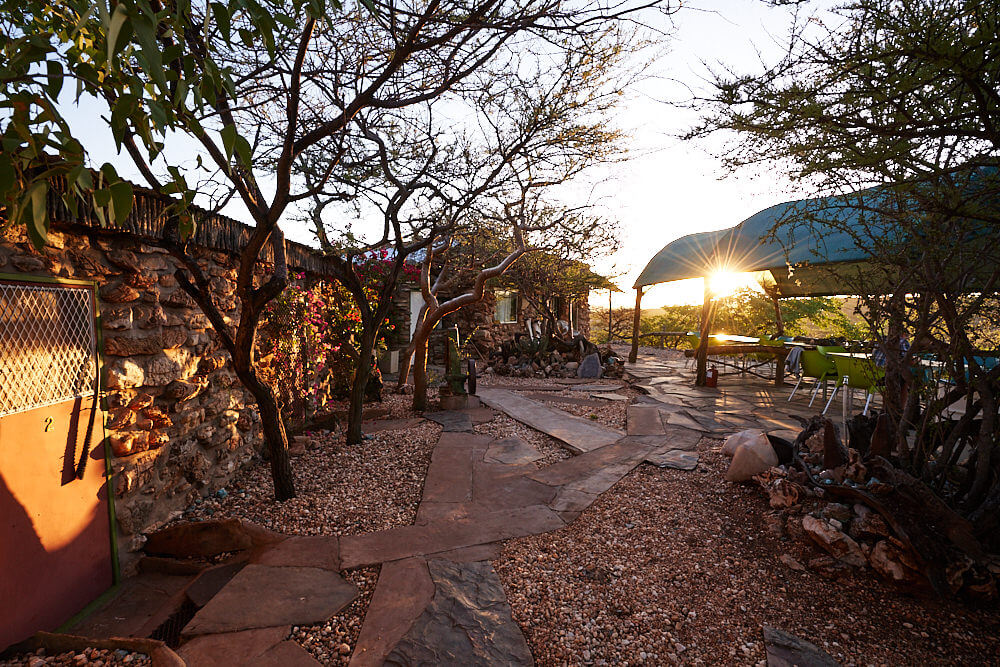
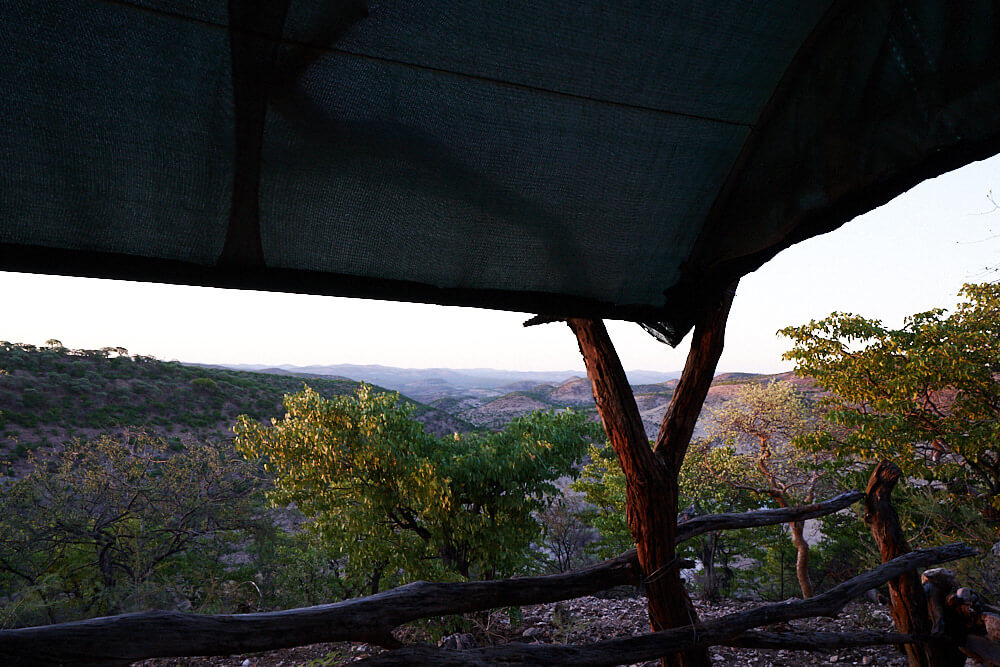

The Himba culture, the EU and civilization
Marius is worried about his Himba people. The men are migrating to the cities, leaving the women alone with the children. According to Marius, the HIV rate is about 60%. We cannot estimate whether this is true or exaggerated. The EU provides the Himba with free maize flour. As a result, people sit around and wait. A developing addiction is the logical consequence.
We heard about the ‘Nestlé children’ the first time in our lives. Substitute food from Nestlé is given to mothers after they have given birth. After a few weeks, when they can no longer breastfeed their baby, they have to pay for the formula. That’s what Marius told us. I checked the story and found serious hints that Nestlé acted in that way in the past. If they still do it is unclear. Check it if you are interested in the story.
Of course, the village we visit only agrees to these visits because they are provided with food by Marius in return. After all, the village with all its inhabitants is ‘real’. They just accept strangers to visit and try to get insights – which is illusory.
We cannot understand within 2 hours how people think. Especially since there is only one woman in the village speaking English. She is a primary school teacher in Kamanjab and only occasionally in the village. We talk briefly to her and hold small talk. Guido is allowed to take pictures whenever he wants. He decided to capture situations in a documentary way. He doesn’t take portraits if he realizes that the person doesn’t want him to. That’s fine for us.
Traditions vs. modern lifestyle
The traditional way of living is having an increasingly difficult time. At the same time, there is no future for women in the cities. According to Marius, they end up more and more often as prostitutes because there are no jobs for them. During our visit to the village, we could not yet assess this.
However, as we were writing this report, we drove through the town of Opuwo to fill up with fuel and buy groceries. In Opuwo, the lack of perspective was not only visible, but energetically noticeable. Women who try to sell you bangles for 5 NAD (0.35 CHF) and are pushy at first and then desperately beg if you stay firm.
A town where it felt like every 3rd store sold alcohol. We ‘scanned’ all the surrounding people to be ready for surprises for the first time on the entire trip.
In the village with Marius we experienced the modern orientated Himba. They put on makeup and dress sexy. During the visit we did not understand the problem. Today we do and we can understand Marius thoughts.
We can’t say where this ends up, but it is very noticeable that ‘primitive people’ are having a hard time all over the world. In Botswana the San have to sue the government more than once to be able to continue to settle in their ancestral territories. The Aborigines in Australia the Aborigines have a hard time as hard as in Brazil the indigenous groups in the rainforest. It is the Himba people in Nambia. Below are some impressions from our visit with Marius Steiner.
